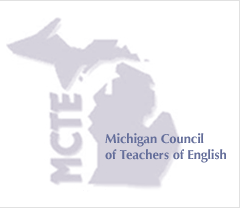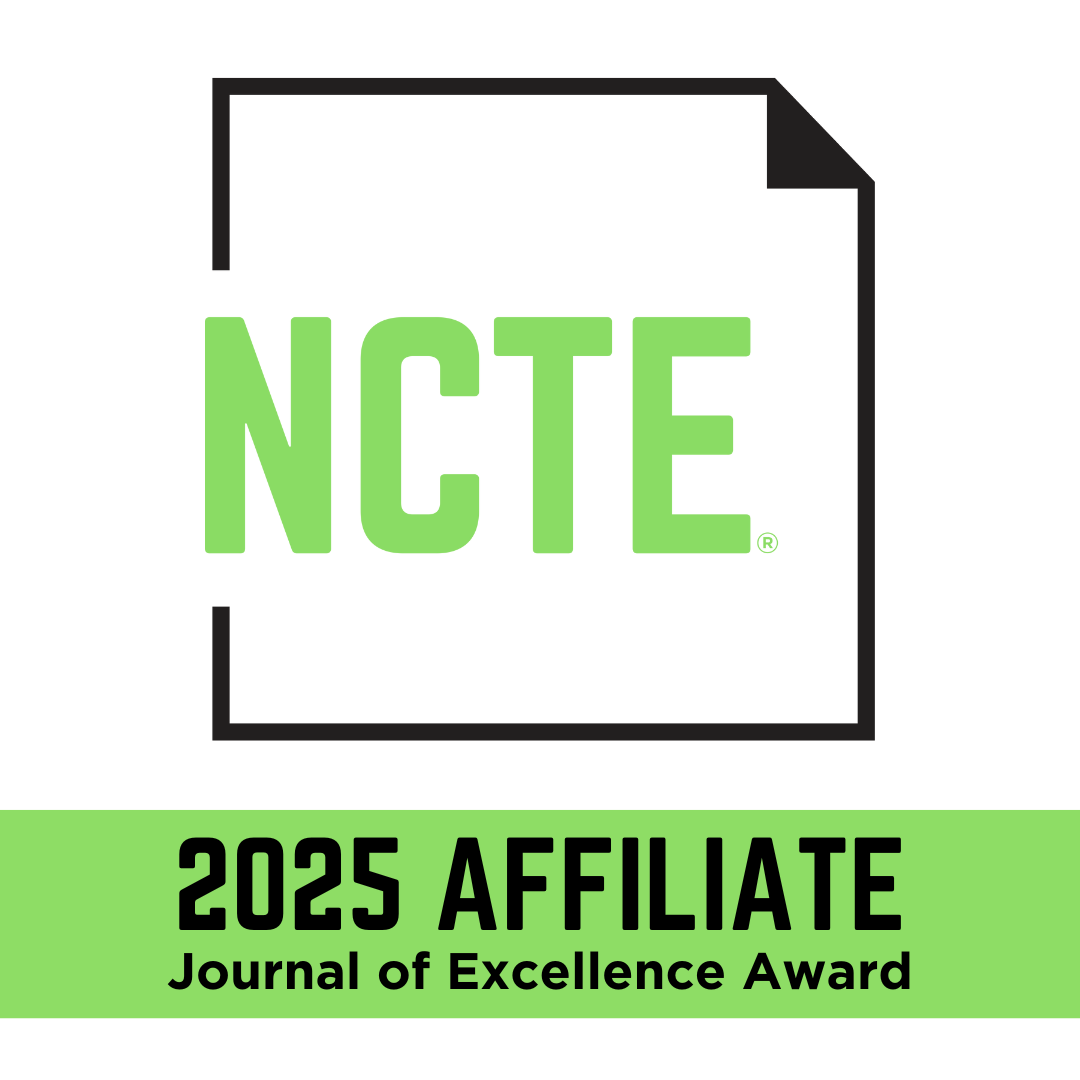Abstract
In this article we describe how an English teacher at a multiethnic, suburban high school adapted the National Writing Project’s innovative argument writing program, the College, Career, and Community Writing Program, to be culturally relevant and sustaining for students in her 10th grade English Language Arts classroom. Building on the C3WP’s roots in critical pedagogy and emphasis on engaging multiple perspectives, we explore the program’s potential in multiethnic classrooms as part of a culturally relevant and sustaining pedagogy. Specifically, we recount how the teacher employed tools from three mini-units (“Coming to Terms with Evidence,” ”Coming to Terms with Opposing Viewpoints,” and “Making Moves with Evidence”) and generated two text sets: a teacher-selected set of non-fiction texts and a student-curated multimedia text set comprised of argument in their everyday lives. By analyzing this C3WP implementation through the lenses of culturally relevant and sustaining pedagogies, we illuminate considerations for facilitating dialogue across multiple perspectives, creating text sets for students in multiethnic classrooms, and sustaining the heritage and youth language and literacy practices of communities of color that promote a more equitable, inclusive, and socially just democracy that values diversity.
Recommended Citation
Ford, Amy Carpenter and Kioussis, Maria G.
(2019)
"Intersections at a Multiethnic High School: C3WP Meets Culturally Relevant and Sustaining Pedagogy,"
Language Arts Journal of Michigan:
Vol. 34:
Iss.
2, Article 12.
Available at: https://doi.org/10.9707/2168-149X.2214
Publication Date
4-2019

